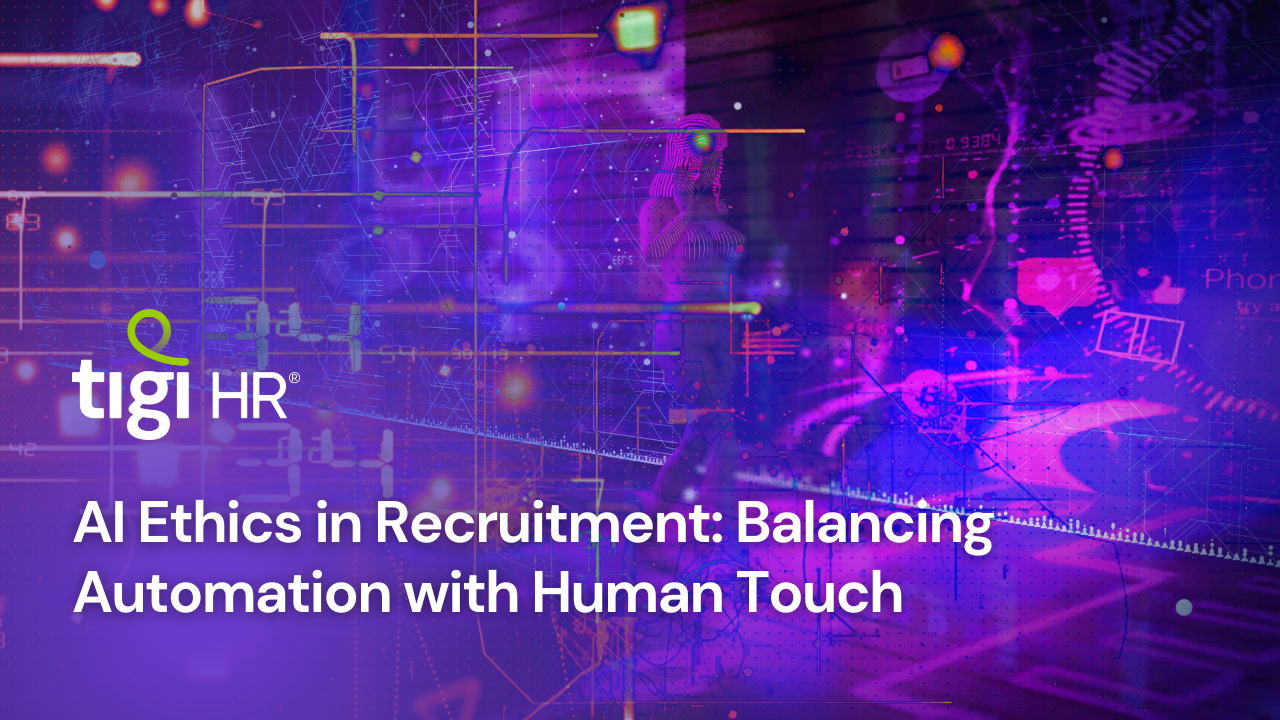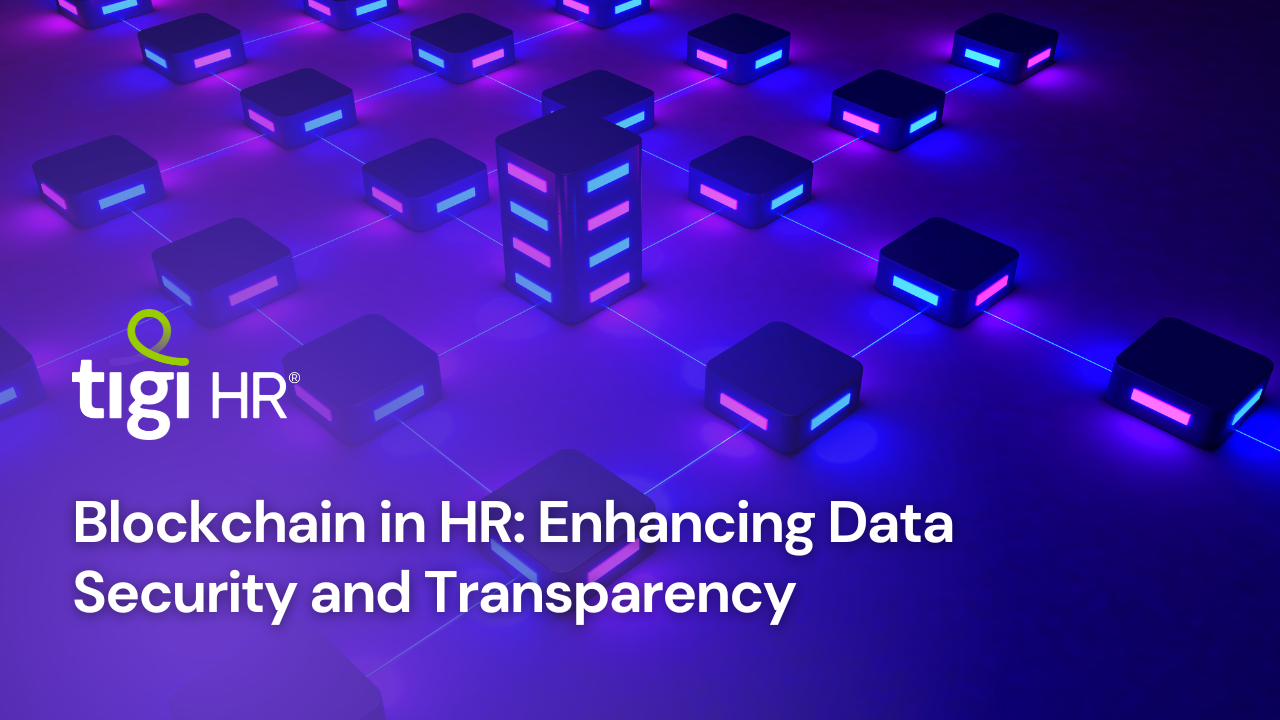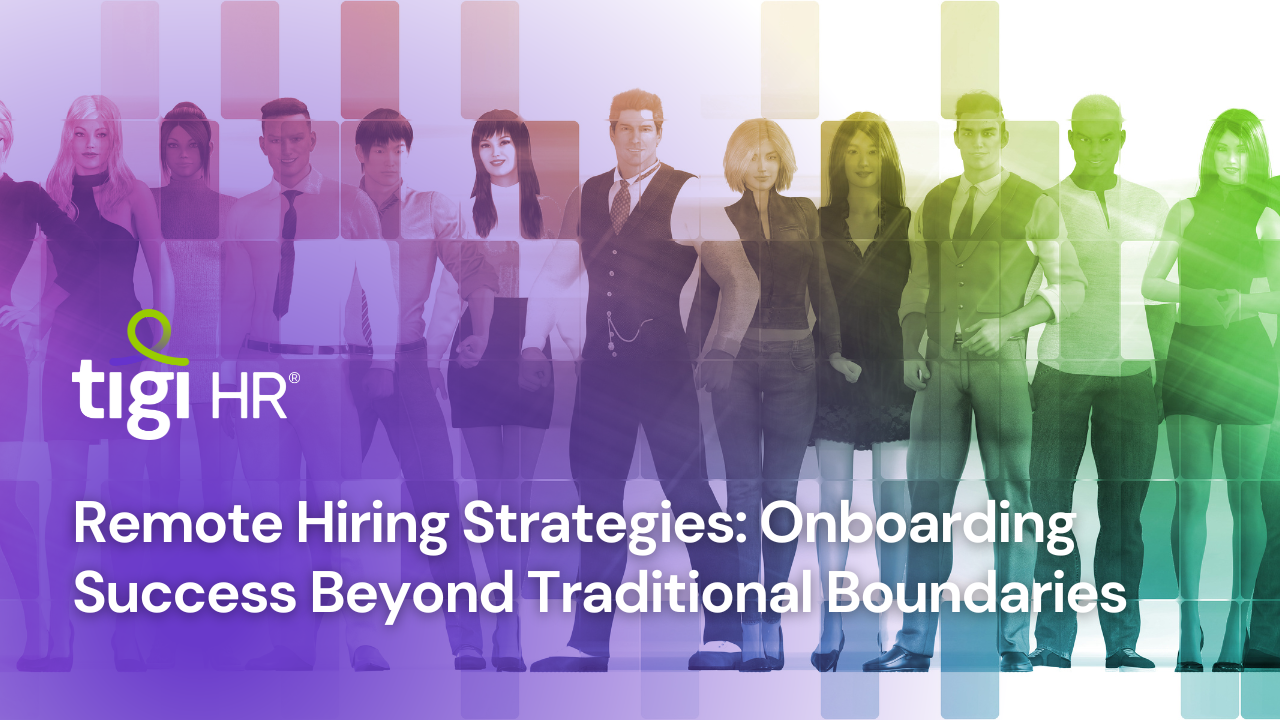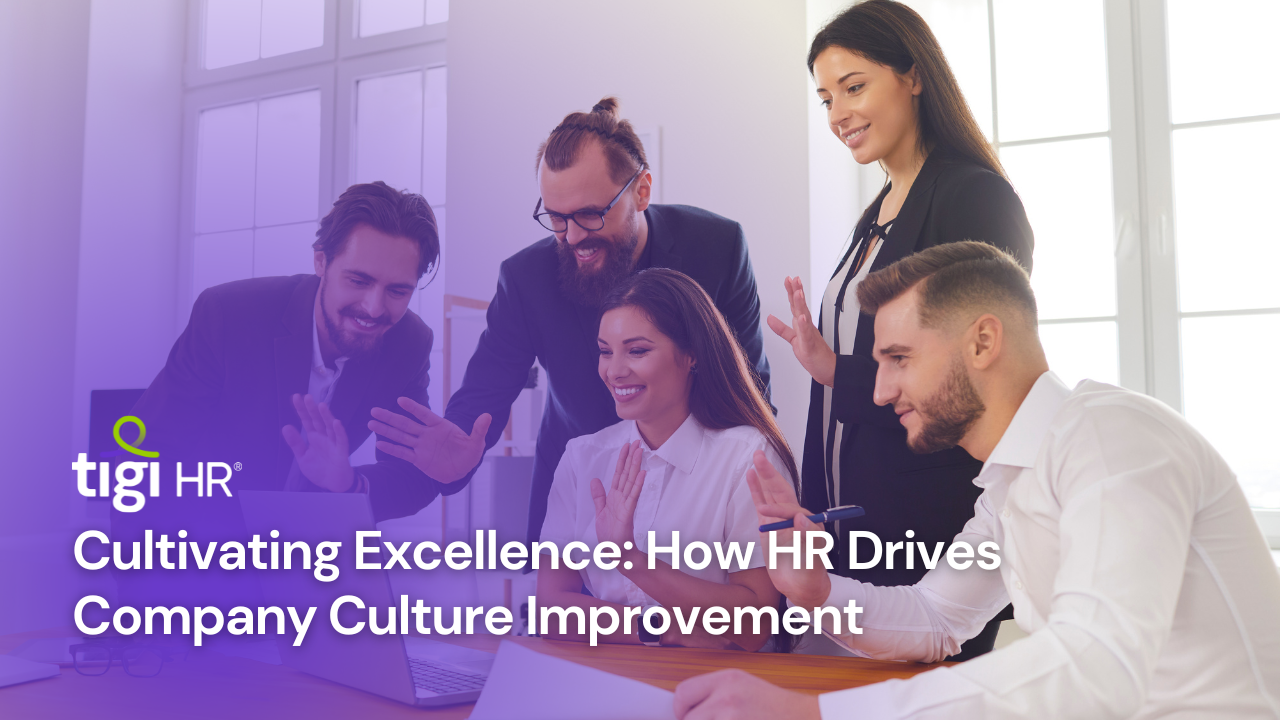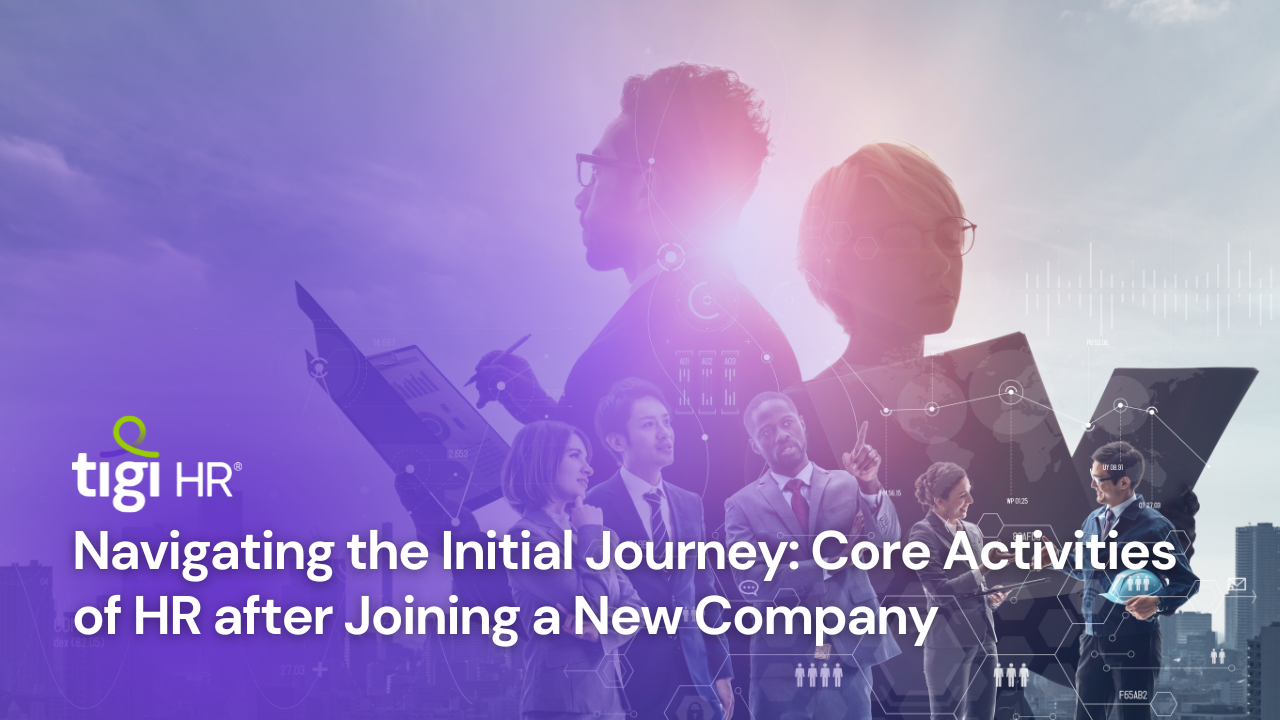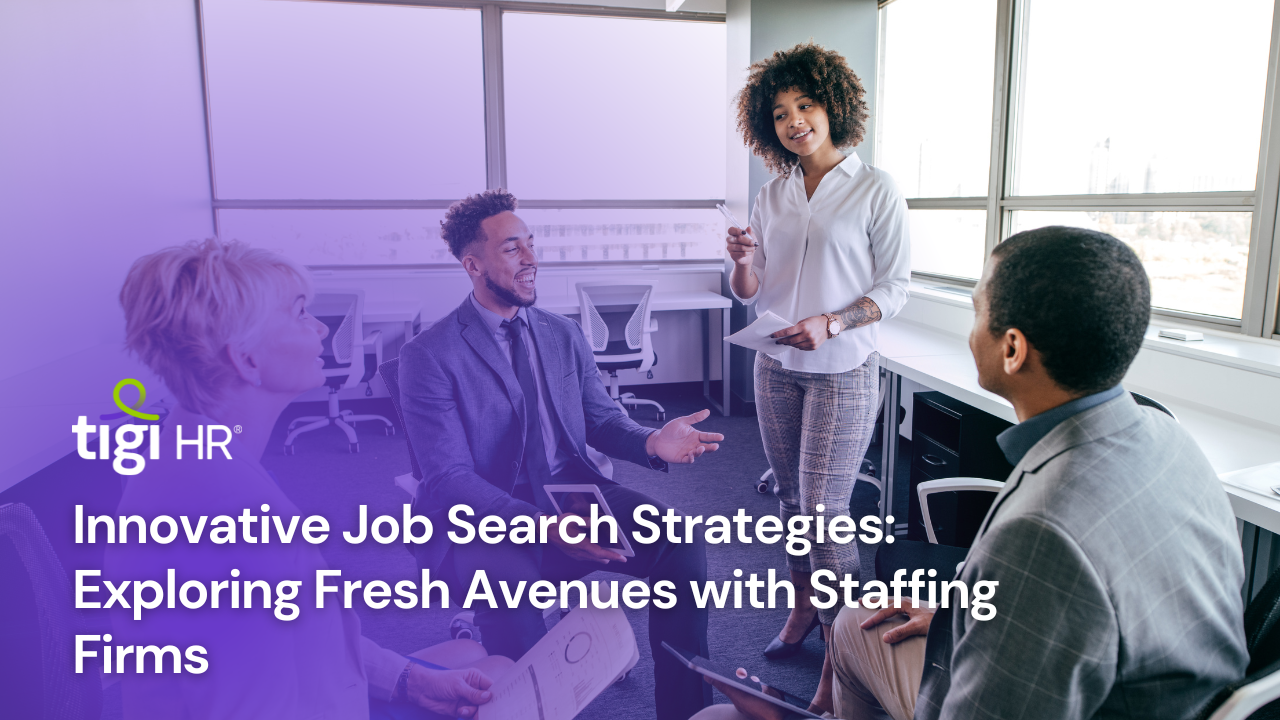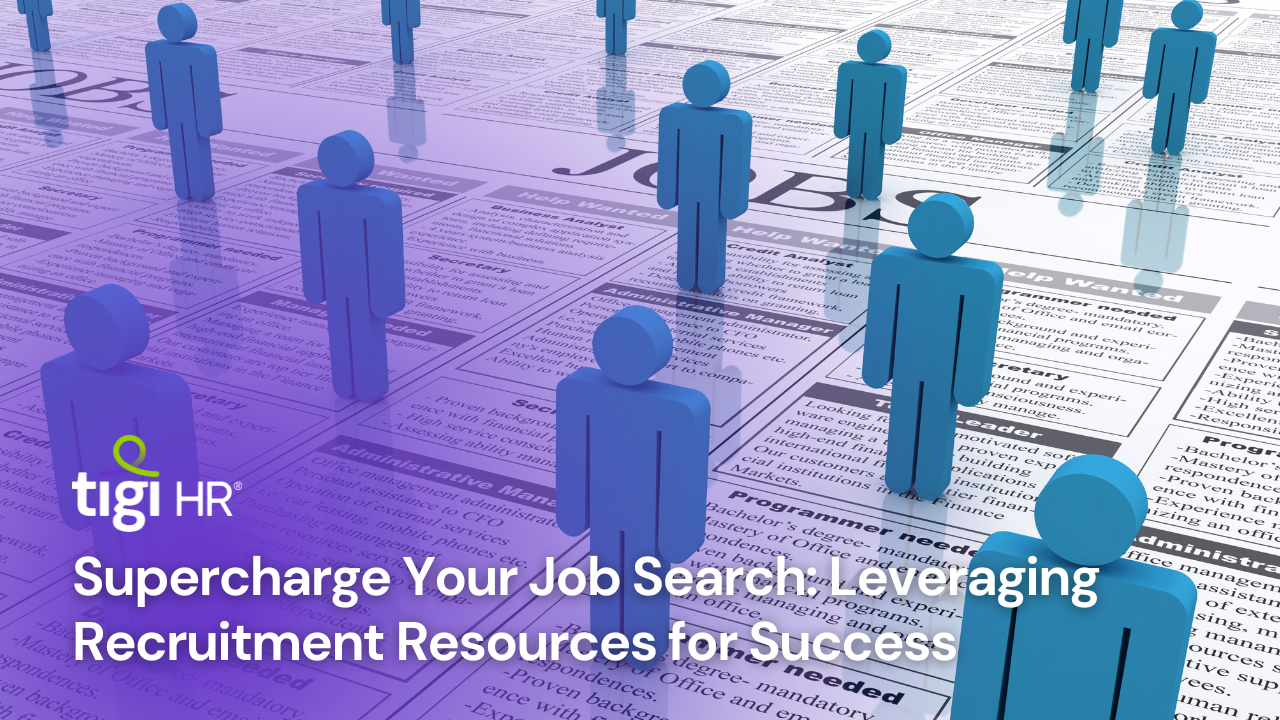In an era of rapid technological advancement, Artificial Intelligence (AI) has emerged as a transformative force, revolutionizing various industries, including recruitment. The infusion of AI into talent acquisition has redefined processes, introducing efficiency and insights that were once unimaginable. However, as AI takes center stage in shaping the recruitment landscape, ethical considerations become paramount. The delicate balance between automation and human interaction is crucial to maintaining fairness, transparency, and a candidate-centric approach. This article delves into the realm of AI ethics in recruitment, exploring the advantages and challenges of AI-driven processes while preserving the core values of human engagement.
The Emergence of AI in Recruitment
The ascendancy of AI has ushered in remarkable advancements in recruitment strategies. By leveraging machine learning algorithms, natural language processing, and predictive analytics, AI has the capacity to rapidly screen resumes, analyze candidate data, and discern patterns that might elude human recruiters. A report by LinkedIn underscores the value of AI, with 67% of talent professionals and hiring managers acknowledging its time-saving contributions to the recruitment process.
The Benefits of AI in Recruitment
1. **Efficiency and Time Optimization:** AI-powered tools expedite the initial phases of recruitment by promptly shortlisting candidates whose skills and experiences align with job prerequisites. This newfound efficiency empowers recruiters to dedicate more time to strategic aspects of the hiring journey.
2. **Data-Informed Decision Making:** The prowess of AI in analyzing extensive data repositories uncovers trends and insights that steer recruitment strategies. Armed with these insights, decision-makers can make informed choices, leading to higher-quality hires.
3. **Impartial Selection:** AI algorithms are designed to assess candidates based on qualifications rather than personal attributes. This impartial evaluation minimizes the influence of unconscious bias, ensuring the equitable assessment of all applicants.
4. **Elevated Candidate Experience:** AI-driven tools such as chatbots offer real-time updates to candidates about their application status, thereby enhancing their overall experience and shaping a positive perception of the company.
Ethical Challenges Posed by AI in Recruitment
1. **Algorithmic Bias:** AI systems can inadvertently inherit biases from the data they’re trained on, perpetuating existing disparities. A study by Harvard Business Review revealed that some tech companies’ AI algorithms exhibited gender bias in recommendations.
2. **Privacy Considerations:** The collection and analysis of personal candidate data raise privacy concerns. Companies must responsibly handle candidate data, ensuring explicit consent and compliance with data protection regulations.
3. **Opacity in Decision-Making:** The inscrutable nature of certain AI algorithms makes understanding decision pathways challenging. This opacity can lead to mistrust among candidates and internal stakeholders.
4. **Diminished Human Connection:** While AI streamlines processes, excessive reliance on automation may compromise the personal connection between candidates and recruiters, potentially impacting the candidate experience and employer branding.
Finding Equilibrium: AI and the Human Element
1. **Transparent AI Algorithms:** Prioritizing transparent AI algorithms that provide clear rationales for decisions is vital. Transparency fosters trust and empowers candidates to comprehend the evaluation process.
2. **Ongoing Algorithm Audits:** Regularly auditing AI algorithms for biases is essential to uphold fairness. Employing diverse training data and implementing fairness checks helps mitigate algorithmic biases.
3. **Human Oversight:** While AI handles routine tasks, human oversight remains critical, especially during pivotal stages of the recruitment journey. Human review corrects potential biases or errors that automated processes might introduce.
4. **Augmented Candidate Engagement:** Integrating AI-driven communication tools with a personal touch enriches candidate engagement. A combination of chatbots and human interaction maintains swift responses while preserving the personalized experience.
Insights and Statistics
1. A PwC report reveals that 55% of business and HR leaders foresee significant AI impact on their organizations within five years.
2. An IBM study found that 66% of CEOs believe that cognitive computing, including AI, will bring substantial value to HR.
3. According to a KPMG survey, 73% of respondents consider AI’s understandability and explainability crucial.
4. A Talent Board survey highlights that 64% of candidates believe the timeliness of employer communication profoundly influences their candidate experience.
Navigating Ethical AI-Driven Recruitment
1. **Bias Mitigation:** Implement AI tools capable of detecting and mitigating bias in candidate selection. Regularly assess and recalibrate these tools to ensure equitable outcomes.
2. **Transparent Communication:** Clearly communicate AI’s role in recruitment to candidates, outlining how AI tools are used and emphasizing the continued human input in decision-making.
3. **Continuous Learning:** AI systems should undergo continuous training to adapt to evolving trends and enhance their decision-making capabilities over time.
4. **Human-Centric Approach:** Uphold a human-centric approach, ensuring candidates have access to human interaction when needed. AI should complement, not replace, the personalized touch in recruitment.
Conclusion
AI’s integration into recruitment has brought unprecedented benefits, propelling efficiency and insights to the forefront. However, the ethical dimensions of AI’s role in candidate selection cannot be overlooked. Striking the equilibrium between automation and human engagement is paramount to maintaining fairness, transparency, and respect for candidates’ rights. By adopting transparent algorithms, conducting regular audits, providing human oversight, and enhancing candidate engagement, organizations can harness AI’s potential while upholding the values of ethical recruitment. As AI continues to redefine the recruitment landscape, its ethical implementation will shape organizational success in attracting and retaining top-tier talent.


